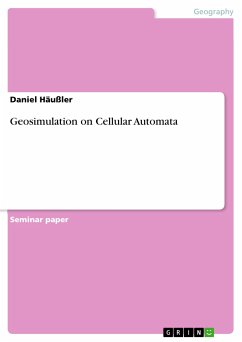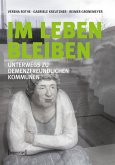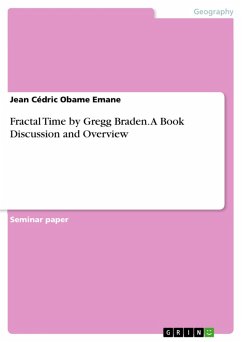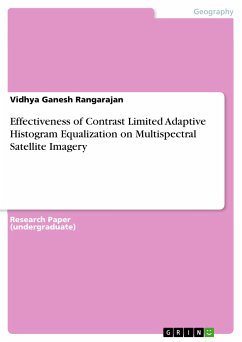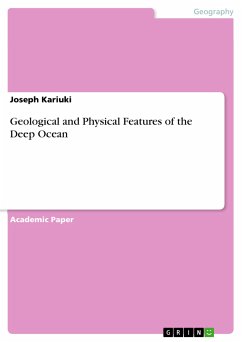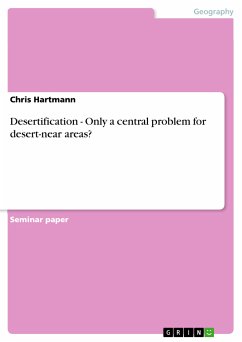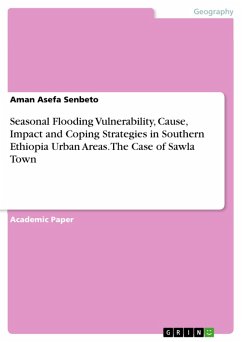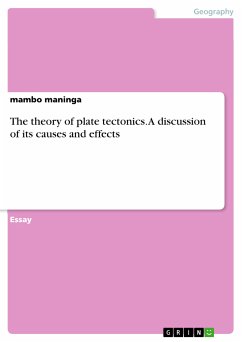Seminar paper from the year 2014 in the subject Earth Science / Geography - General, Basics, grade: 2,0, University of Tubingen, language: English, abstract: The following paper will cover an overall view of cellular automata. Due to the fact that the method will be considered from the outset, it is accessible not only for specialists. Further I tried to broach the history of cellular automata and the first well-known application "Game of Life". Moreover a practical application will illustrate the potential of cellular automata on the basis of a NetLogo forest fire model. In addition to a short analysis of this geosimulation, a continuative and deeper going paper will be mentioned. After this example, interested readers should be able to appraise the value of cellular automata's implementation. Finally, the work will be rounded off with the mention of the most significant disadvantages and problems. The idea to simulate the behavior of animate beings is as old as the invention of computer itself. As we can easily imagine, the method of cellular automata has a lot of applications in physics, chemistry and biology. Scientists in these subjects gladly apply cellular automata because issues follow more deterministic models than in social sciences. In the following chapters I will try to illustrate to what extent the cellular automata could also be used in other subjects, especially in geographical matters. Human geography is often concerned with topics originating sociology, economy, urban development, crisis management and other issues which cannot only be explained by numbers and formulas. Nevertheless the method of cellular automata can be useful to understand some important issues. An essential problem is the fact that in our digitalized world local development is not necessarily solely based on its direct neighborhood. The model of cellular automata suggests that we have access to every direct neighbor but does not account for direct influences from beyond. On the other hand, such additional factors, for which you would have to identify new rules again, would produce amounts of data exceeding the capabilities of the model
Dieser Download kann aus rechtlichen Gründen nur mit Rechnungsadresse in A, B, BG, CY, CZ, D, DK, EW, E, FIN, F, GR, HR, H, IRL, I, LT, L, LR, M, NL, PL, P, R, S, SLO, SK ausgeliefert werden.
Hinweis: Dieser Artikel kann nur an eine deutsche Lieferadresse ausgeliefert werden.

